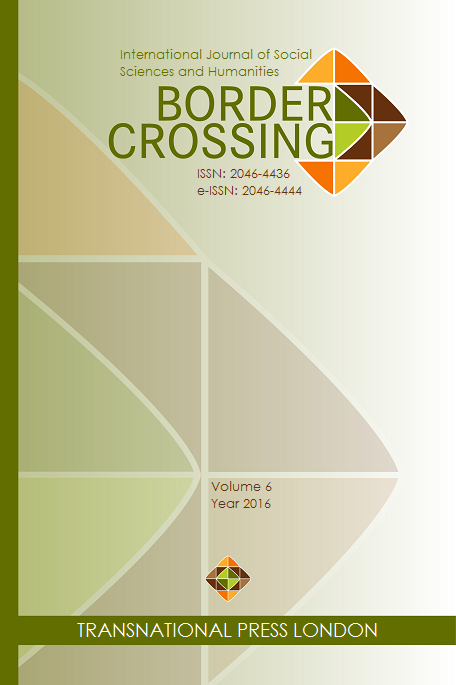Population Policies in Turkey and Demographic Changes on a Social Map
Population Policies in Turkey and Demographic Changes on a Social Map
Author(s): M. Murat Yüceşahin, Tugba Adali, A. Sinan TurkyilmazSubject(s): Politics / Political Sciences, Social Sciences, Economy, Human Geography, Economic policy, Political economy, Politics and society, Social development, Social differentiation, Policy, planning, forecast and speculation, Demography and human biology, Sociology of Culture, Migration Studies, Ethnic Minorities Studies, Sociology of Politics
Published by: Transnational Press London
Keywords: Population policy; demographic change; fertility; multidimensional scaling; Turkey;
Summary/Abstract: Compared to its past structure, Turkey is now a country with low levels of fertility and mortality. This junction that Turkey now has reached is associated with a number of risks, such as an ageing population, and a decreasing working-age population. The antinatalist policy era of Turkey was followed by a period of maintenance, yet the recent demographic changes formed the basis of a pronatalist population policy from the government’s view. This study discusses the link between demographic change and population policies in Turkey. It further aims to position Turkey spatially in relation to selected countries that are in various stages of their demographic transitions with different population policies, using a multidimensional scaling approach with data on 25 selected countries from the UN. The analysis is based on a 34-year period, 1975-2009, so as to better demonstrate Turkey’s international position on a social map, past and present. Our findings suggest that Turkey’s position on the social map shifted towards developed countries over time in terms of demographic indicators and population policies.
Journal: Border Crossing
- Issue Year: 6/2016
- Issue No: 2
- Page Range: 240-266
- Page Count: 27
- Language: English

